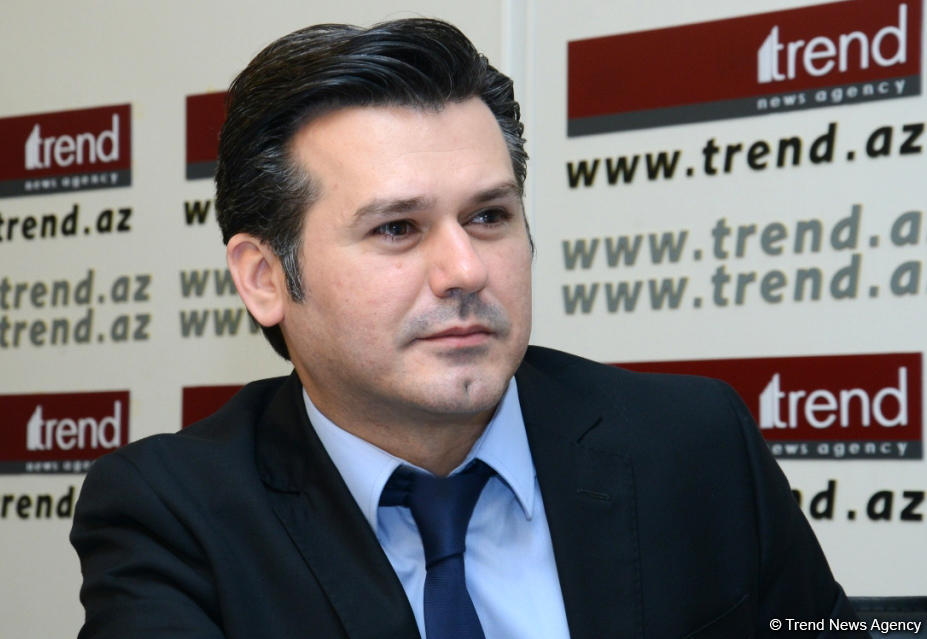Baku, Azerbaijan, Feb. 8
By Rufiz Hafizoglu - Trend:
March 15 this year marks exactly eight years since the start of the internal conflict in Syria, which, as a result of the intervention of a number of countries, has led to a series of bloody clashes.
Although in the first years of the military conflict Ankara supported the Syrian opposition politically, in the future, Turkey changed its position in favor of Moscow. However, Moscow also made a number of concessions for Ankara in Syria.
The Operation Olive Branch, which was successfully carried out by the Turkish Armed Forces, and the Aleppo Agreement became possible as a result of Ankara’s negotiations with Moscow.
As is known, Turkish President Recep Tayyip Erdogan and Russian President Vladimir Putin will hold a meeting in Sochi on Feb. 14 this year. The upcoming meeting of the presidents of Turkey and Russia can be considered the most important step that will determine the future course of events in Syria.
Against the background of the expected meeting between Erdogan and Putin, the question regarding the start of negotiations between Ankara and Damascus also remains on the agenda. However, at the end of January this year, President Erdogan made a statement that Turkey won’t conduct dialogue with Syria at the highest level. He said Bashar al-Assad is responsible for the death of about a million innocent citizens.
This is while earlier, Turkish Foreign Minister Mevlut Cavusoglu said the absence of diplomatic ties between Ankara and Damascus doesn’t mean the intelligence services of the two countries aren’t in touch with each other. Besides, the consulate of the Syrian Arab Republic still exists in Istanbul.
On Feb. 7, Iranian media reported that Tehran is ready to become an intermediary between Ankara and Damascus, and the representatives of the Syrian and Turkish intelligence services held a number of meetings in Damascus.
So far, Ankara hasn’t commented on these reports, but even if Ankara engages in a dialogue with Damascus, it isn’t Iran that will mediate in the talks: that will happen only with the mediation of Russia.
It is expected that this issue will be on the agenda during the meeting between Erdogan and Putin. As for Ankara’s agreement to start a dialogue with Damascus, much will depend on Russia’s proposal.
If Moscow gives a full guarantee that after the US withdrawal from Syria the PYD/YPG troops will leave the north of Syria and won’t pose a threat to Turkey, Ankara may consider this issue.
---
Rufiz Hafizoglu, deputy editor-in-chief of Trend
Follow him on Twitter: @rhafizoglu






